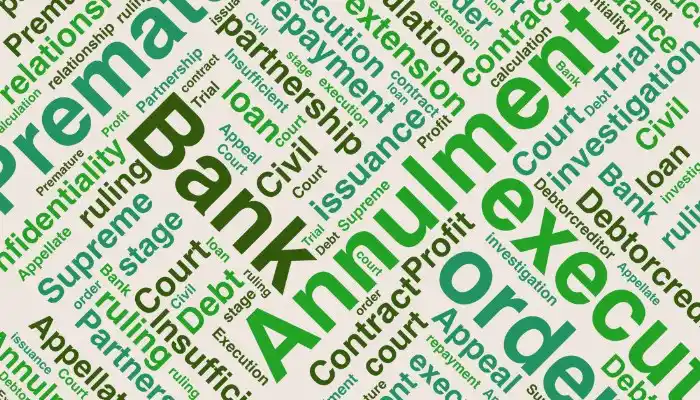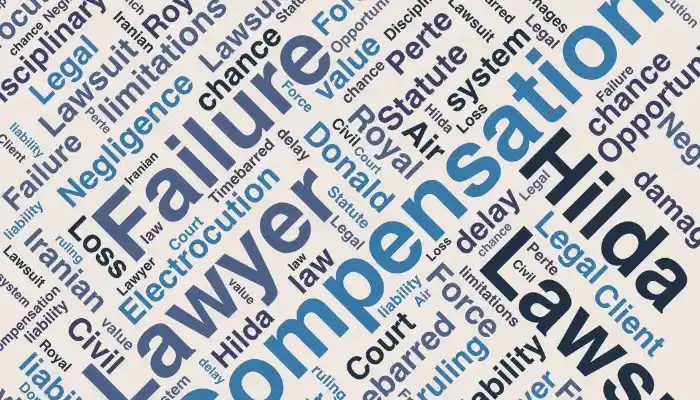Can one collect a debt from someone before they actually owe us anything? No, it doesn’t make sense. But this is what happened in Jamal’s case.
Jamal, one of the well-known builders in the city, received three civil partnership loans from a bank in November 2007 to expand his business. To secure the repayment of these loans, he mortgaged properties to the bank. However, when the repayment due date arrived, he was unable to pay the debt. Therefore, in March 2008, by signing a new civil partnership contract and increasing the mortgage, the three contracts were extended. The new contract was set to mature in March 2010.
This case faced many challenges. When Jamal approached us, the bank had already sold all sixteen mortgaged apartment units to other individuals. Worse still, in the lawsuit to annul the execution orders, the court had ruled in favor of the bank and did not recognize Jamal’s right. Upon the first appeal, the Supreme Court overturned the court’s decision, but after a re-examination, once again, the judgment ruled against Jamal with a different reasoning. After a second appeal, the Supreme Court again overturned the ruling due to insufficient investigation.”
The Interesting and Key Aspect of This Case: The Premature Execution Order
In May 2010, ten months before the civil partnership contract was due to end, the bank requested the issuance of an execution order, claiming that Jamal’s debt had become due. This action violated the regulations governing civil partnership contracts. In such contracts, the relationship between the bank and the other party is based on partnership, not a debtor-creditor relationship. Settlements in these contracts must be made at the end of the contract term and after calculating the actual profit, not during the execution of the contract. As long as the contract term has not ended and the bank has not sold its share to the partner, the relationship remains a partnership. Only after the sale of the bank’s share does the relationship turn into a debtor-creditor relationship.
The trial court accepted this argument and ruled in favor of our client, annulling the issued execution orders. This ruling was upheld in the appellate stage as well. (Note: The branch of the Supreme Court that had twice overturned the ruling against our client played a role in shaping the reasoning behind the third ruling of the trial court). After many ups and downs, last week, the case was referred to the enforcement unit for the execution of the ruling.
For more details on this ruling and further information, feel free to contact us. To maintain confidentiality, the parties’ information, case number, court ruling number, and issuing authority will remain undisclosed.






